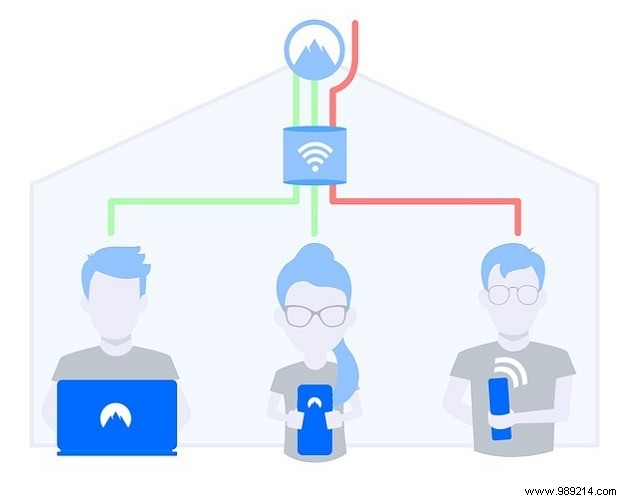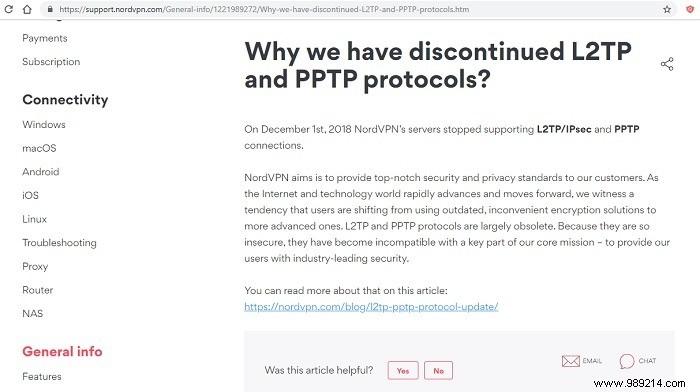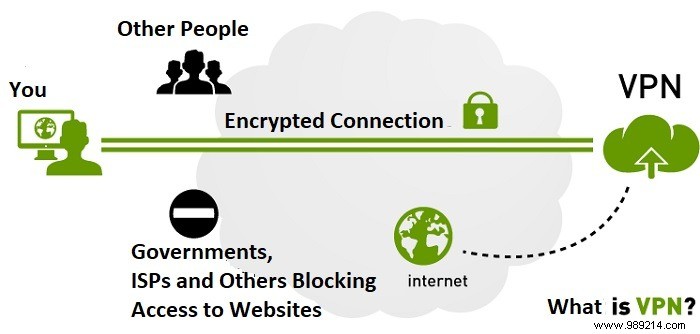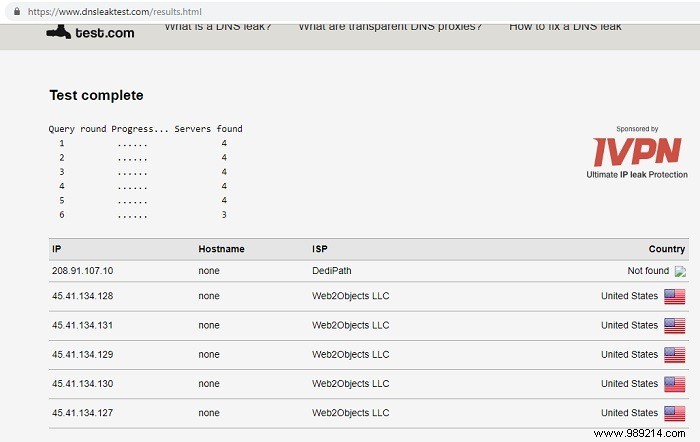While not a silver bullet, a VPN is currently the best way to protect your device from hacking, DNS/IP address leaks, and ISP surveillance. Indeed, a few governments frown on the use of VPN, but if you buy a high-quality VPN service with traffic encryption and zero-knowledge DNS, you'll be ahead of them!

Over the years, several new VPN protocols including L2TP/IPSec, S2TP, and OpenVPN have been developed. Of these, OpenVPN and S2TP offer more security and speed than the others. In fact, the most successful VPN providers have started to drop L2TP and PPTP.

As of 2019, a new VPN protocol, WireGuard, is winning rave reviews for its cutting-edge cryptography. It could become available from all major VPN providers by the end of this year.
A VPN follows a client-server architecture, except that the identity of the client is indecipherable. Imagine the Internet as a cloud. When you connect from a computer, the VPN creates a secure tunnel to the cloud and one of its global servers replaces your device. Other people and your ISP can't keep track of what you're doing because the data looks perfectly normal to them.

If you connect with a smartphone, your VPN service will provide you with an Android or iOS app. Most good VPNs come with a “kill switch” that allows you to disconnect without revealing your IP address.
As a VPN consumer, you don't have to worry about technical details. Still, it's good to know that 256-bit encryption is better than 128-bit encryption and there should be no DNS leaks. A good way to test your VPN for DNS leaks is to visit this link and opt for an “extended test”. If your real server and IP address are found at any point in the trace, it means your VPN isn't doing a good job of protecting your identity.

For privacy lovers, a VPN is the best shield against government and ISP surveillance programs. Additionally, you can use a Tor browser and virtual machines for added security. One of the VPN apps uses it to access the deep dark web.
If you live in another country, a VPN is the fastest way to unlock geo-restricted content on Netflix, Hulu, and other video services. While traveling, you may face restrictions in accessing banking and credit card services in your home country. In such a situation, a VPN can come in very handy, as you just need to choose an appropriate server. Wherever you are, you can install a VPN client on any device, for example in a cyber cafe, and uninstall it later. A good VPN allows at least three simultaneous connections.
If you use a VPN while deleting your browser history, you can rest assured that no one will ever know anything about what you've done online. Once you start using a VPN service, you'll never want to browse the Internet without it.
Do you feel safer when using a VPN? Please share your personal experience in the comments below.